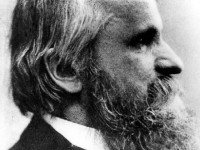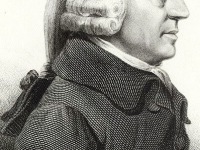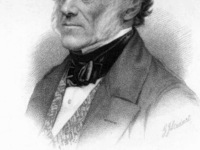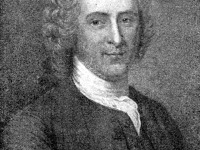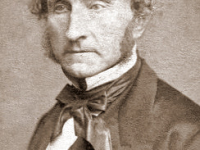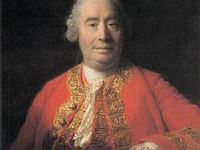Reality according to Alexius Meinong
On July 17, 1853 Austrian philosopher Alexius Meinong was born. He is best known for his contributions to ontology as well as to the philosophy of mind and theory of value. Famous is also his his belief in nonexistent objects. Meinong distinguished several levels of reality among objects and facts about them. The object theory of Alexius Meinong states fundamentally that every experienced act of perception is intentional. The experience is directed to the object…
Read more

